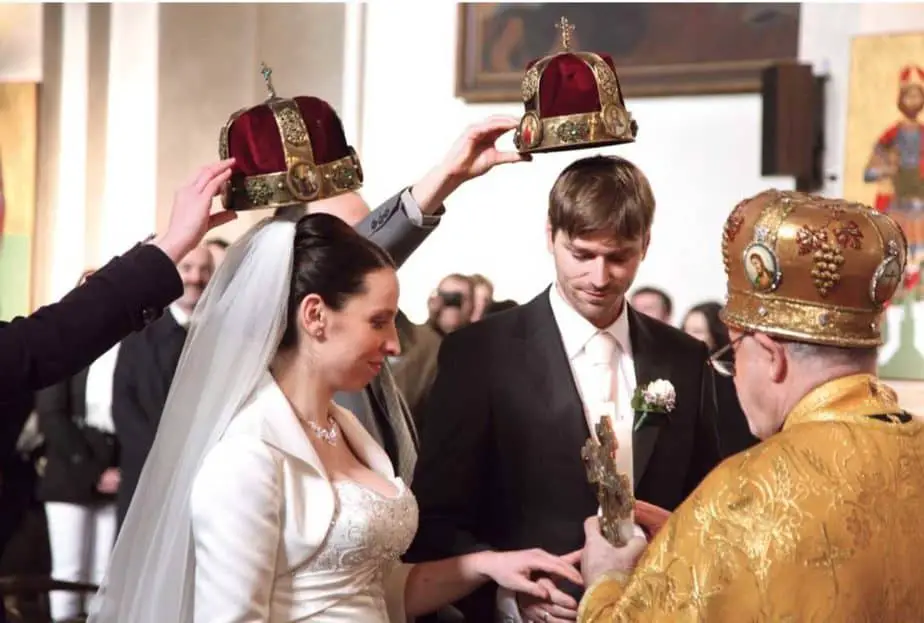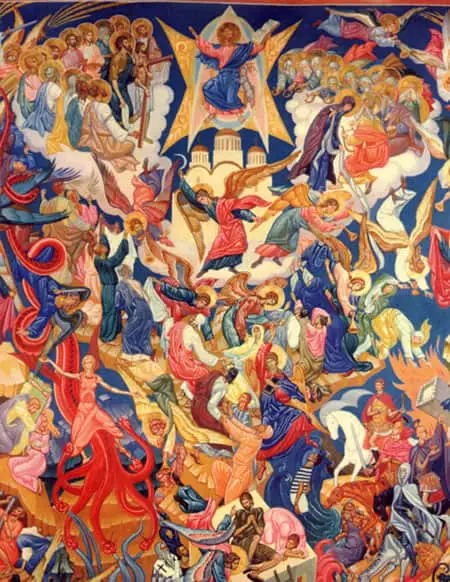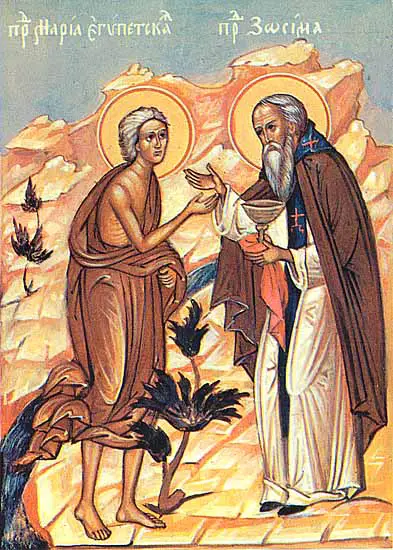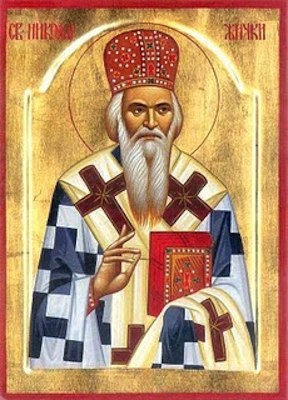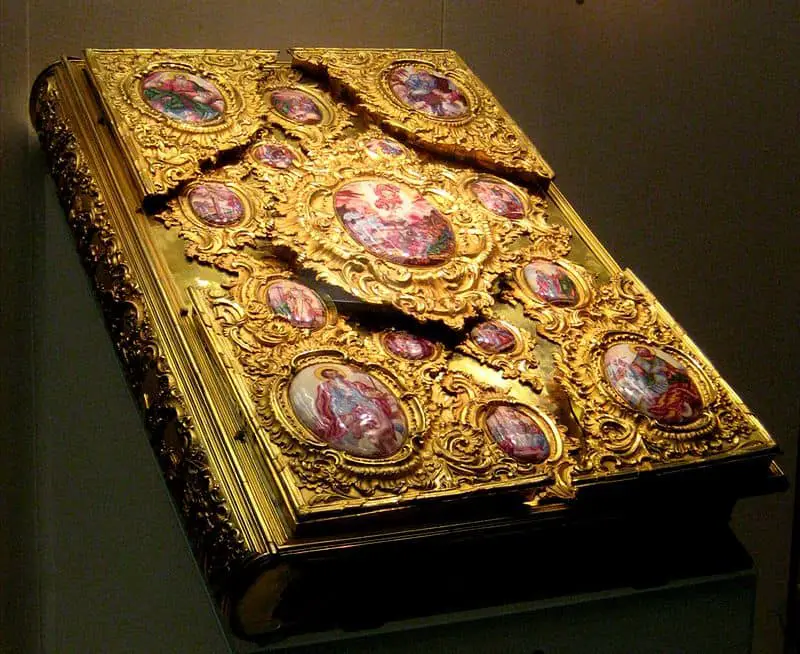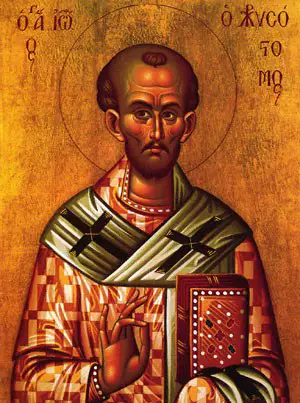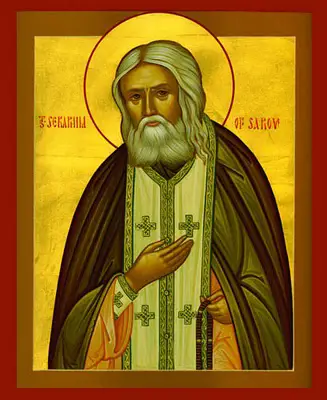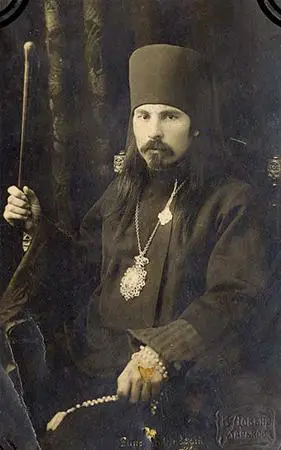In the future Judgment, the condition of each person will be revealed in an instant, and each person on his own will proceed to where he belongs. Each person will recognize, as if on a television screen, his own wretchedness, as well as the spiritual condition of others. He will reflect himself upon the other, and he will bow his head, and proceed to the place where he belongs. For example, a daughter-in-law who sat comfortably with her legs crossed in front of her mother-in-law, who with a broken leg took care of the grandchild, will not be able to say, “My Christ, why are you putting my mother-in-law into Paradise without including me?” because that scene will come before her to condemn her. She will remember her mother-in-law who stood with her broken leg in order to take care of her grandchild and she will be too ashamed to go into Paradise — but there will be not place for her there, anyway.
Or, to cite another example, monastics will see the difficulties, the tribulations of the people in the world and how they faced them; and if they have not lived appropriately as monastics, they will lower their heads and proceed on their own to the place where they belong. There, nuns who did not please God will see heroic mothers who neither took vows nor had the blessings and opportunities that they, the nuns, had. They will see how those mothers struggled, as well as the spiritual heights they attained, while they, the nuns, who with petty things preoccupied and tormented themselves, will be ashamed! These are my thoughts about the manner of the Final Judgement. In other words, Christ will not say, “You come here; what did you do?” Nor will He say, “You go to Hell; you go to Paradise.” Rather, each person will compare himself with the others and proceed to his appropriate place.
